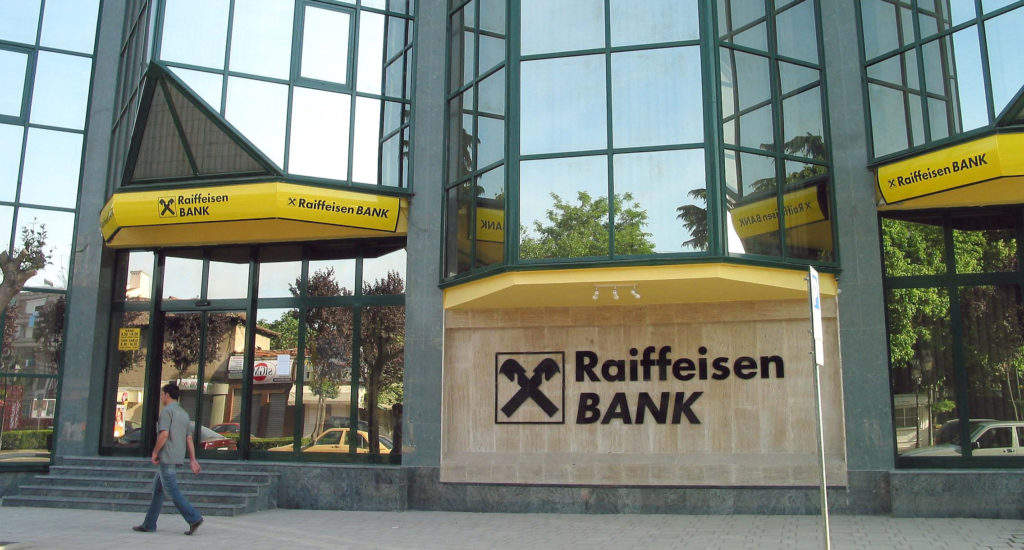When the FLA held its first low-carbon leasing
seminar, in February 2010, one of the concerns expressed by
delegates was that the Carbon Trust’s interest-free loan scheme to
help small and medium-sized enterprises (SMEs) invest in energy
saving projects was an obstacle to the early development of the
leasing market for low-carbon equipment. Whatever the attractions
of leasing, it’s always going to be difficult to beat an
interest-free loan.
How things have changed in a year. Following
the FLA’s lobbying of the Trust, it decided not only to find a
private-sector partner for running its SME energy-efficiency
financing scheme, but to invite interest from providers of asset
finance as well as banks providing conventional loans. The outcome
of this process is that Siemens Financial Services will be the
Trust’s partner.
The important role of leasing was confirmed in
a recent report from Barclays and Accenture, called Carbon
Capital: Funding the low carbon economy. The report concluded
that of the €2.3 trillion required for purchasing low-carbon
technology in Europe by 2020, €482bn would be funded by leasing.
This would be for smaller-scale equipment, including vehicles and
solar panels. Staggering numbers indeed, pointing towards over a
quarter of the asset finance market being for this type of
equipment.
This is all encouraging news, of course, but
there are plenty of hurdles on the way to it becoming reality. One
is that the existing tax incentives to businesses considering using
low-carbon technology are only designed for purchasing equipment.
They don’t work for leases. The FLA’s message to the Chancellor
ahead of this year’s Budget is that the time has come to remove
that particular bit of red tape.
The only justification for the restriction was
to avoid creating a tax avoidance opportunity. With other very
effective measures now in place for that purpose the restriction is
no longer needed.
Other issues in the market will need to be
overcome. Many believe, for example, that a more effective
secondary market for asset finance deals is needed to help expedite
the development of low-carbon equipment leasing. Accounting may
also be an issue with the uncertainty over how leased equipment may
appear on balance sheets.
How well do you really know your competitors?
Access the most comprehensive Company Profiles on the market, powered by GlobalData. Save hours of research. Gain competitive edge.

Thank you!
Your download email will arrive shortly
Not ready to buy yet? Download a free sample
We are confident about the unique quality of our Company Profiles. However, we want you to make the most beneficial decision for your business, so we offer a free sample that you can download by submitting the below form
By GlobalDataThe potential for asset financing a low-carbon
economy, the barriers to the growth of the market, and how those
barriers might be overcome will all be discussed at the FLA’s
second annual seminar asset finance for a
low-carbon economy on 30 March 2011.
In the meantime, we can celebrate one
significant success on the long road to asset finance meeting its
full potential role in turning the UK into a low-carbon
economy.







